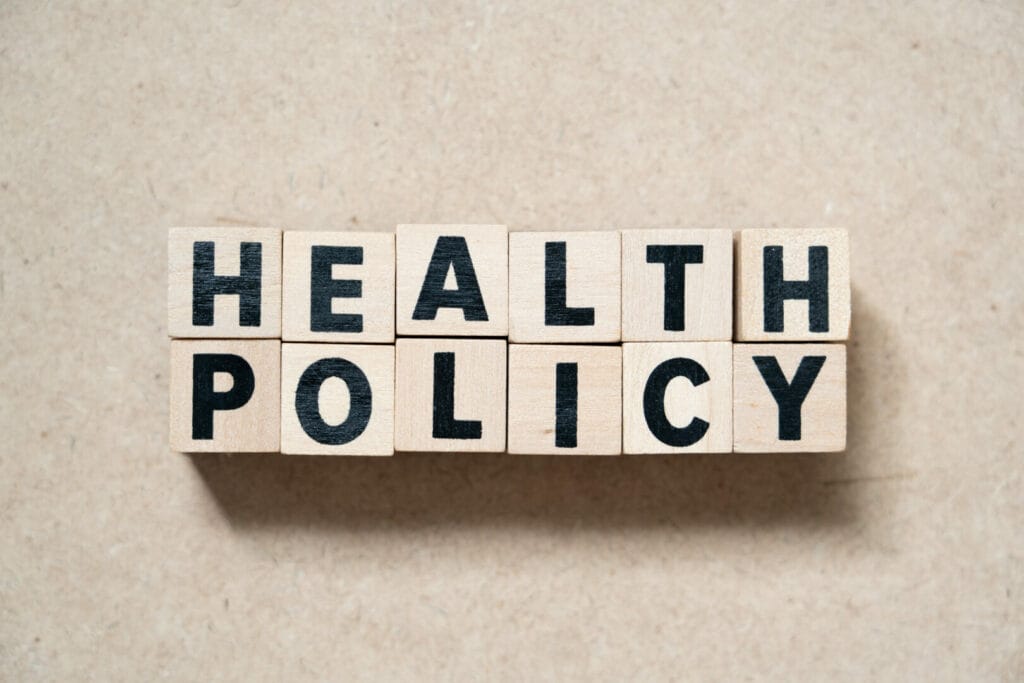Think tanks and strategy exchanges are becoming essential tools in tackling today’s healthcare challenges, offering innovative solutions that bridge gaps between health policy and real-world practice. What role do they play in shaping the healthcare landscape, and how can they create meaningful impact for organizations? This blog explores their significance, highlights their benefits, and uncovers the pivotal intersection of think tanks and strategy exchanges in healthcare.
What Are Think Tanks in Healthcare?
Understanding health IT and policy think tanks
Think tanks are research-driven organizations that craft data-backed strategies to address key issues in society. When applied to healthcare, these think tanks specialize in analyzing policies, technologies, and trends in areas like health IT, public health systems, or resource allocation.
Health IT and policy think tanks focus particularly on how innovation and technology can improve medical outcomes and operational efficiency. These organizations often operate under non-profit, academic, or government sponsorships, making them critical players in unbiased and evidence-based decision-making.
The role of think tanks in healthcare policy
Think tanks are catalysts for innovation. They focus on identifying gaps in current healthcare systems and propose actionable, forward-thinking policies to address them. Policymakers rely on insights from think tanks for drafting regulations, defining funding priorities, and rolling out impactful public health campaigns.
For instance, organizations like the Commonwealth Fund influence how healthcare access disparities are addressed, while the National Academy of Medicine provides evidence-based recommendations to shape policy on emerging healthcare threats like pandemics or mental health crises.
Examples of influential think tanks
- Brookings Institution focuses on healthcare analytics, evaluating the effectiveness of reforms like Medicaid expansion.
- RAND Health Care emphasizes global health problems, providing solutions revolving around cost control and quality of care.
- Kaiser Family Foundation translates diverse healthcare data into accessible reports, enabling stakeholders to formulate informed policies.
These organizations prove indispensable in promoting thought leadership in medicine by integrating research, advocacy, and policy development into cohesive strategies.
What Are Strategy Exchanges?
Defining healthcare strategy exchanges
Strategy exchanges are collaborative platforms where healthcare leaders, policymakers, and industry experts come together to share ideas and insights. These forums are places where the challenges faced in real-world operations meet the innovation of emerging technologies and policies.
Healthcare strategy exchanges set the stage for dynamic discussions on improving patient outcomes, reducing operational inefficiencies, and predicting future trends.
Collaboration and knowledge sharing
Strategy exchanges provide an excellent space to break down silos between stakeholders. Hospitals, government agencies, NGOs, and private-sector firms come together to discuss challenges like digital transformation, talent shortages, or access to affordable care. These discussions often lead to the identification of best practices that organizations can adapt to suit their needs.
Benefits for healthcare organizations
- Problem-solving: Forums act as innovation hubs, creating actionable roadmaps for real-world problems.
- Networking opportunities: Attendees establish connections with other professionals who share a similar drive for advancing healthcare initiatives.
- Knowledge access: By participating in these exchanges, attendees gain exposure to cutting-edge innovations, insights, and global best practices.
The Intersection Where Policy Meets Practice
Bridging the gap between health policy and practice
One of the greatest challenges in healthcare reform is ensuring intended policy changes translate effectively into field-level operations. Policies that look great on paper often falter due to insufficient input from on-the-ground practitioners or a misalignment with prevailing operational hurdles.
Health IT and policy think tanks provide the expertise, research, and trajectory for change. Meanwhile, healthcare strategy exchanges bring that research to life by mobilizing its implementation at the on-ground level, offering collaborative discussions and adjustments.
How the two work together
Consider a pressing issue like the integration of digital health technologies.
- Think tanks inform the policy side through evidence-based research on patient data security or interoperability challenges.
- At the same time, strategy exchanges convene key players like hospital administrators, tech developers, and physicians to discuss how implementation impacts workflow and patient care.
Together, they ensure that policy improvements and innovative solutions align with the healthcare industry’s practical realities.
Advantages for Healthcare Professionals
For professionals navigating the complexities of healthcare, think tanks and strategy exchanges offer immense value. Here’s how:
Access to the latest research
Professionals benefit from the freshest insights on health technology developments, shifts in policy, and predictive trends. Whether you’re focused on health IT or public health, this knowledge keeps you ahead of the curve.
Networking and collaboration
These platforms offer unique opportunities to connect with global experts, policymakers, and like-minded professionals. These relationships often result in long-term collaborations or mentorships.
Career growth and development
Engaging in strategy exchanges or contributing to think tank work enhances your resume, skillset, and credibility within the healthcare industry. Opportunities to lead sessions or co-author papers open doors to leadership roles.
Building a Brighter Future with Collaborative Tools
Achieving progress in healthcare requires a concerted effort to bridge vision with execution. By enhancing partnerships between think tanks and strategy exchanges, the healthcare sector can take strides toward resolving critical issues—from creating equitable access to advancing digital health infrastructure.
The integration of research, collaboration, and practitioner feedback creates a comprehensive framework for health policy innovation. Communities like SCALE play a vital role in this space by fostering ongoing dialogue among healthcare leaders, clinicians, and innovators committed to system-wide progress.
Looking ahead, it’s clear that initiatives uniting these forces will drive long-term strategic success in global healthcare.

